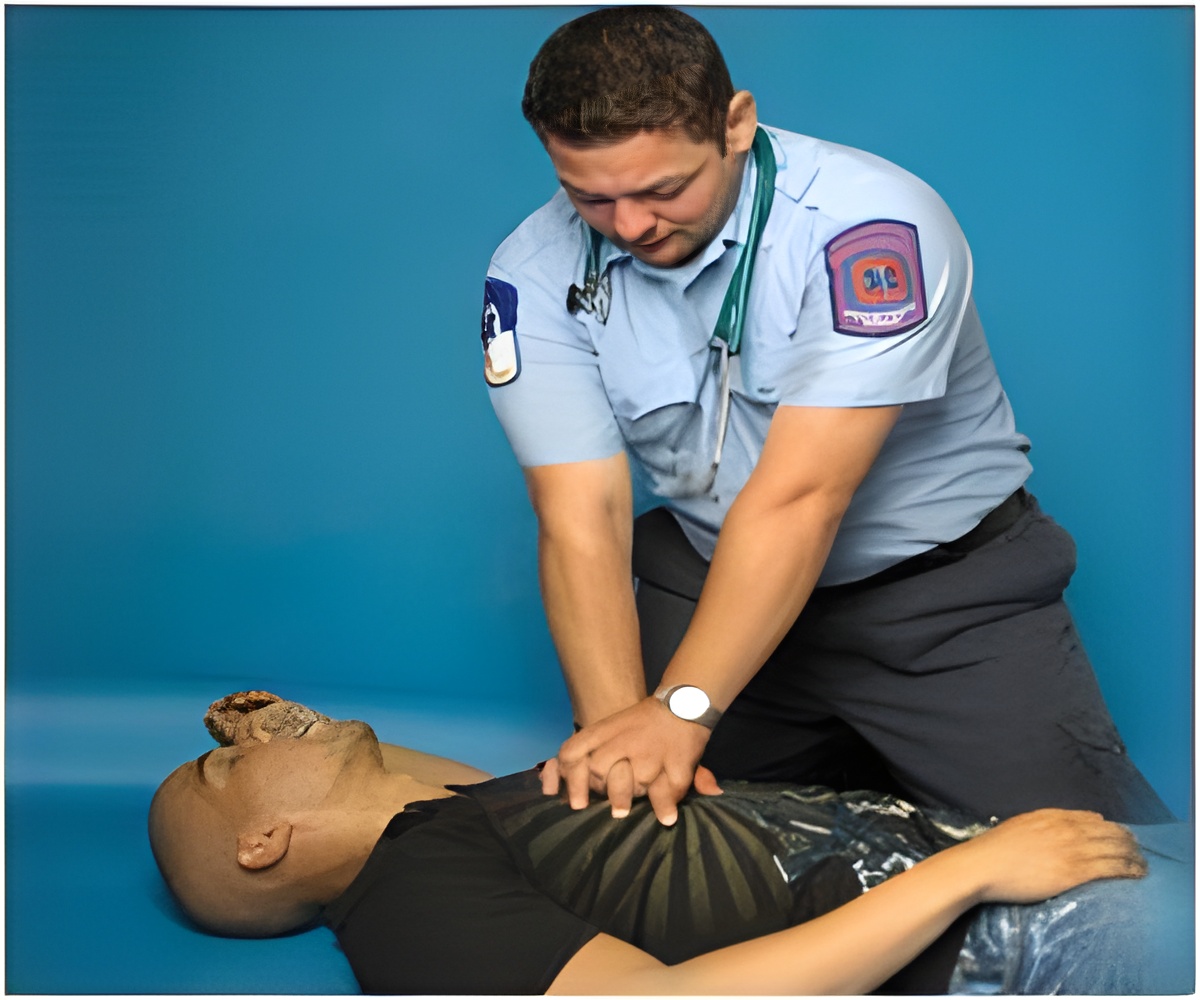Sten Rubertsson, M.D., Ph.D., of Uppsala University, Sweden and colleagues assessed cardiopulmonary resuscitation (CPR) in patients.

"Many factors affect the chances of survival after cardiac arrest, including early recognition of arrest, effective CPR and defibrillation, and postresuscitation care. One important link is the delivery of high-quality chest compressions to achieve restoration of spontaneous circulation. The effectiveness of manual chest compressions depends on the endurance and skills of rescuers, and manual compressions provide only approximately 30 percent of normal cardiac output. Manual CPR is also limited by prolonged hands-off time, and its quality is particularly poor when it is administered during patient transport. Mechanical chest compression devices have therefore been developed to improve CPR," according to background information in the article. "A strategy using mechanical chest compressions might improve the poor outcome in out-of-hospital cardiac arrest, but such a strategy has not been tested in large clinical trials."
This multicenter clinical trial, which included 2,589 patients with out-of-hospital cardiac arrest, was conducted between January 2008 and February 2013 in 4 Swedish, 1 British, and 1 Dutch ambulance services and their referring hospitals. Duration of follow-up was 6 months. Patients were randomized to receive chest compressions from a mechanical device combined with defibrillation during the compressions (n = 1,300) or manual CPR according to guidelines (n = 1,289). The mechanical chest compressions device had an integrated suction cup designed to deliver compressions according to resuscitation guidelines.
Four-hour survival was achieved in 307 patients (23.6 percent) with mechanical CPR and 305 (23.7 percent) with manual CPR. Among patients surviving at 6 months, 99 percent in the mechanical CPR group and 94 percent in the manual CPR group had good neurological outcomes.
"In patients with out-of-hospital cardiac arrest, mechanical chest compressions in combination with defibrillation during ongoing compressions provided no improved 4-hour survival vs. manual CPR according to guidelines. There was a good neurological outcome in the vast majority of survivors in both groups, and neurological outcomes improved over time," the authors write.
Source-Eurekalert











